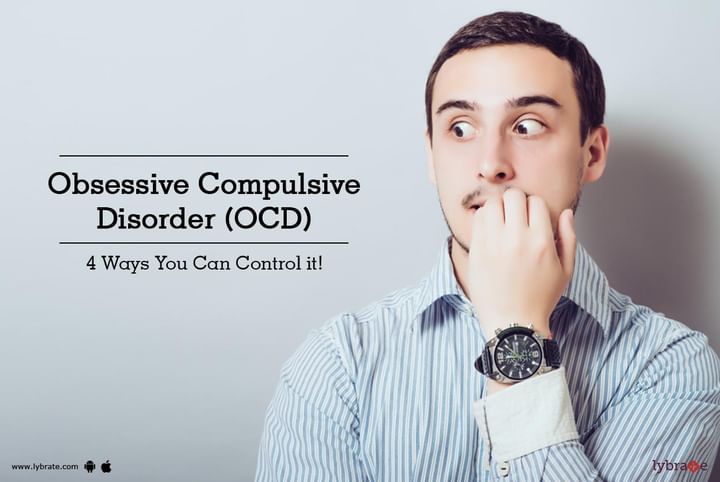Get the App
For Doctors
Login/Sign-up
Last Updated: Jun 07, 2020
BookMark
Report
Obsessive Compulsive Disorder (OCD) - 4 Ways You Can Control it!
Obsessive-compulsive disorder (OCD) is a type of anxiety disorder in which a person has recurring thoughts and feels the urge to perform certain specific tasks at regular intervals. Living with OCD can very difficult and medications or therapy alone cannot guarantee complete recovery. The patient himself/herself has to take certain steps to win against the disease.
Here are some measures you can take to control the symptoms of OCD to recover faster.
- Accept the truth: If you cultivate an accepting approach towards the fact that you are suffering from OCD and will experience obsessive thoughts then it will be easier to cope with the situation. You have to convince yourself that the recurring thoughts and compulsions you're having are not real, do not imply anything and will go away soon. This helps you maintain an optimistic approach and accelerate your recovery process.
- Try to postpone your compulsions: When you have the urge to do certain ritualistic tasks try not to give in to them. Try to suppress the urges by saying to yourself that you will do it later and then involve yourself in normal day to day activities so that the compulsions can't rule you anymore. Do not control compulsions rather try to consider it harmless.
- Divert your attention: When you feel that you are having a recurring thought or compulsion, try to distract yourself by channelizing your thoughts towards some other activity. You will find that as you engage yourself in other activities, the obsessive compulsive thoughts will lose their impact on you and will prove to be less bothering.
- Tell yourself that ocd is one of the most insignificant things of your life: Reduce the amount of value you impart to the disorder. Try to convince yourself that ocd cannot change your way of living life and you don't need to give in to your recurring thoughts and compulsions every time. Try to believe that you will not let this disorder affect your life in anyway and it's just your brain bringing these thoughts, not you. If you wish to discuss about any specific problem, you can consult a psychiatrist.



+1.svg)
